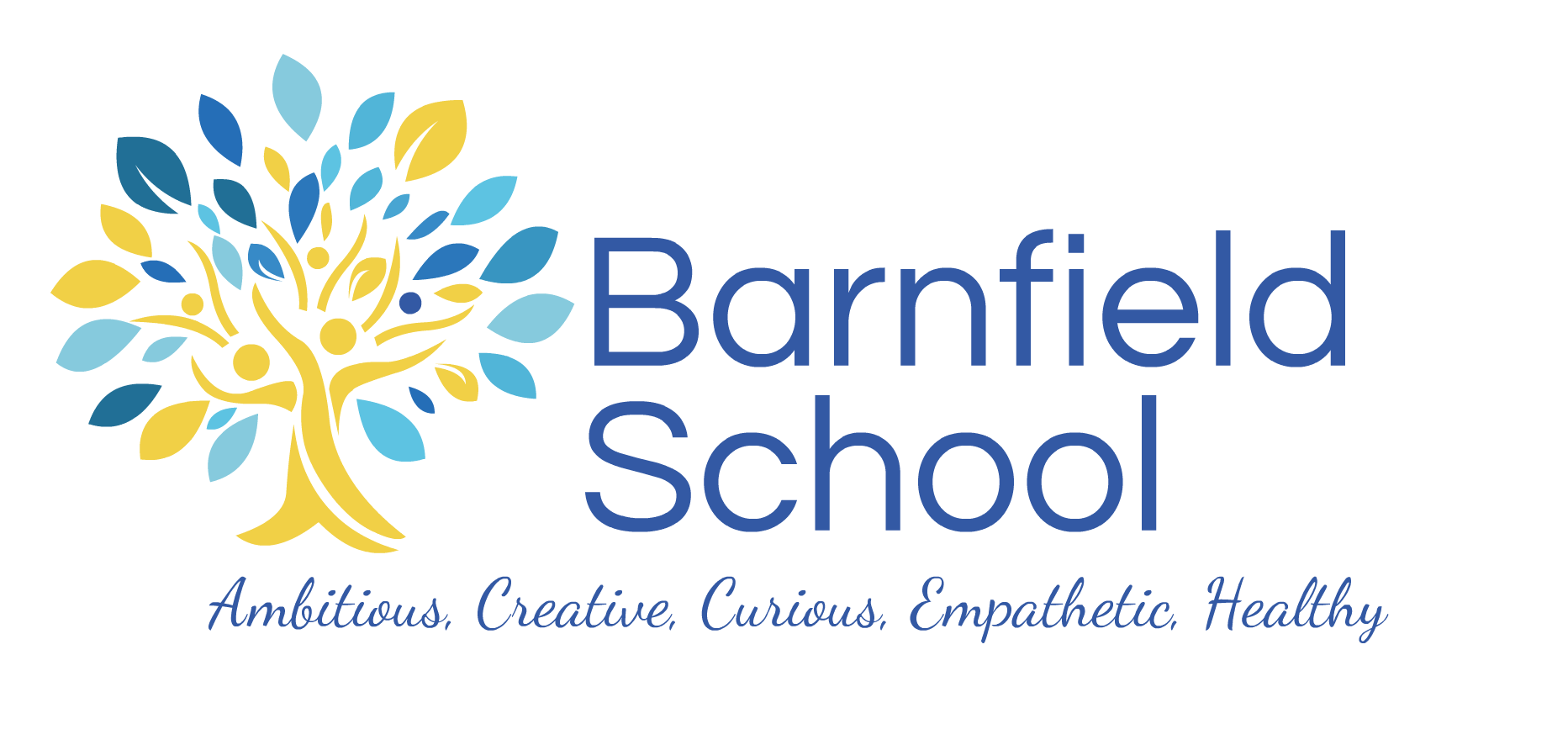English
At our school, we follow a rich, literature-centred approach inspired by The Power of Reading. High-quality texts sit at the heart of every unit, capturing pupils’ imaginations and immersing them deeply in story, language and theme.
To ensure children develop strong, transferable writing skills, each unit is supported by a clear writing structure. Pupils explore and deconstruct a model text, learn the features of the genre, and practise key skills through engaging, purposeful activities. Examples of this includes role play and drama, use of visual images and story mapping. This steady progression allows them to understand how a text works before crafting their own.
By the end of each unit, children confidently produce an independent piece of writing that reflects both their understanding of the text genre. Through this balanced approach, we nurture enthusiastic readers and thoughtful writers.
Reading aloud
Barnfield places emphasis on reading aloud to children. Research tells us that children are able to access texts and vocabulary considered to be two years beyond their chronological age when the text is read aloud to them. Reading aloud slows written language down and enables children to hear and take in tunes and patterns. It enables children to experience and enjoy stories that they might not otherwise meet.
Whole class guided reading
In Year 1 and Year 2 guided reading sessions are introduced to the timetable. In these sessions children work in small groups with an adult to read and discuss a book together and answer questions about it. This is a fantastic opportunity to extend children’s reasoning and inference skills.
In Key Stage 2 reading is taught through whole class guided reading. Pupils work with their teacher, reading and discussing a range of texts. These sessions are also used give children focussed support with developing the skills and techniques needs for effective comprehension, enjoyment of books, and answering comprehension questions.
Spelling, Grammar and Punctuation
Spelling, Grammar and Punctuation are taught throughout the school, both in conjunction with reading and writing skills and as stand alone lessons. The contents and progression follow the requirements of the National Curriculum.
Useful documents
Barnfield Primary School English progression map
Year-5-and-6-spelling-word-list
Year-3-and-4-spelling-word-list
Suggested reading lists
Have a look at the lists below which provides some great reading ideas for home. Remember to have a look in our local library before purchasing books.






